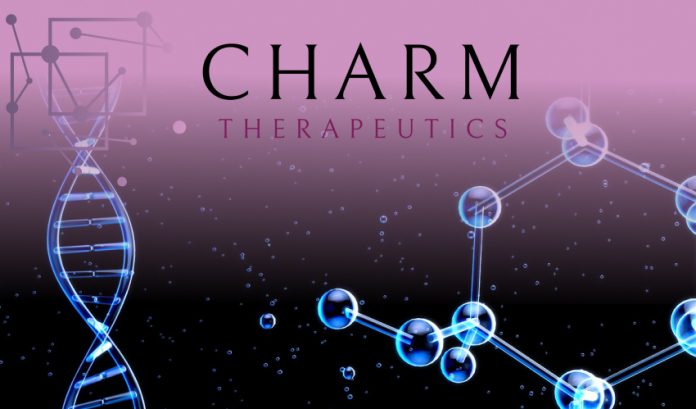CHARM Therapeutics (“CHARM”, “The Company”), announces today a $50M Series A financing co-led by F-Prime Capital and OrbiMed, with General Catalyst, Khosla Ventures, Braavos and Axial also participating.
CHARM Therapeutics is pioneering end-to-end 3D deep-learning to discover and develop transformational medicines against previously hard-to-drug targets. The Company’s proprietary platform, DragonFold, applies expertise in protein-ligand co-folding to deliver transformational medicines targeting challenging molecular targets in cancer and other disease areas.
Gary D. Glick Ph.D., Executive Chair of CHARM Therapeutics, said:
3D deep-learning on macromolecular configurations represents a new era in drug discovery. The work of David Baker in predicting highly accurate three-dimensional structures of proteins offers potential to explore new frontiers in medicine, approaching disease targets previously considered undruggable. CHARM Therapeutics has been created to combine these breakthroughs in 3D deep-learning with excellence in drug discovery and development. With the support of these high-quality new investors, we look forward to realising these goals.
Leveraging end-to-end 3D deep-learning to predict protein-ligand co-crystal structure
Structure-based drug design has had a significant impact on drug discovery, but its full potential has been limited by three fundamental challenges: first, determining non-orthosteric binding sites; second, predicting the joint pose of a ligand bound to a flexible protein; and third, predicting the strength of the binding interactions, which is an intricate interplay between enthalpy and entropy.
CHARM Therapeutics’ proprietary DragonFold technology, developed by David Baker and Laksh Aithani, uses end-to-end 3D deep-learning to predict the co-crystal structure of a protein-ligand complex based on a protein’s primary sequence and the ligand’s chemical structure.
Laksh Aithani, co-founder, Chief Executive Officer and board member of CHARM Therapeutics, said:
Due to the end-to-end nature of DragonFold, it has the potential to simultaneously determine the binding site and model induced fit as well as predict the pose and affinity of the ligand, thus unlocking the true potential of structure-based drug design. We are advancing this technology and its application to the hit discovery, hit-to-lead and lead optimization processes of small molecule drug discovery.
The Company is building a robust engine to translate these 3D predictions into novel small molecule therapeutics that modulate challenging targets, initially in cancer, with the potential to transform the lives of patients.

